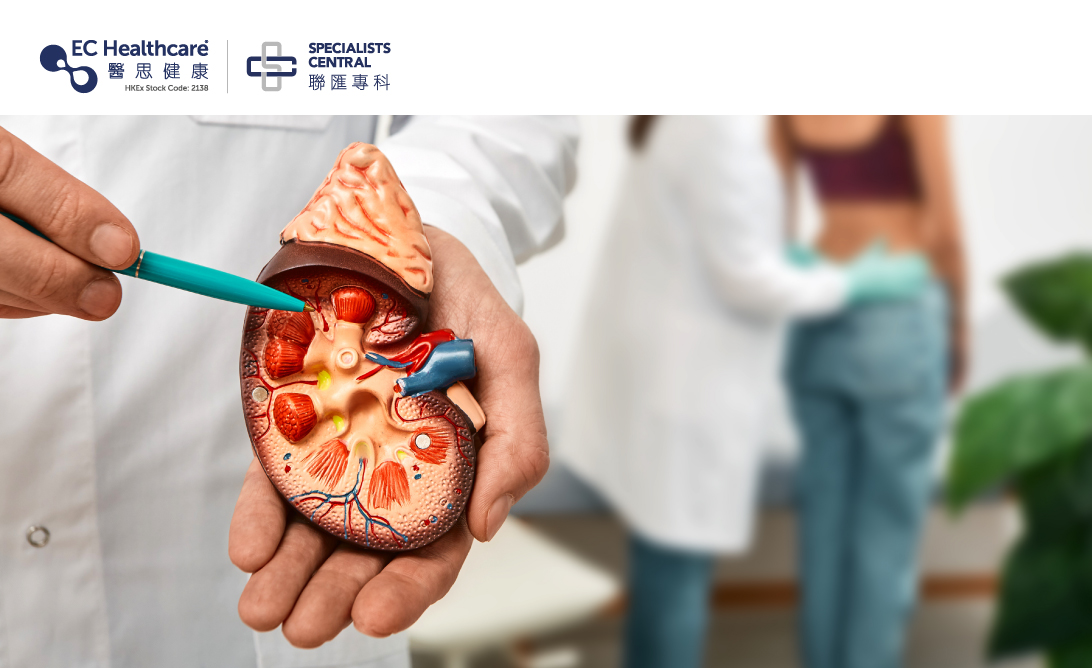Lower back pain, weak at knees, and nocturia = poor kidneys? 10 warning signs reveal clues


Modern people have busy lives, high work pressure, heavy diet, and bad habits such as staying up late, smoking, and drinking, which can easily lead to damage to kidney health. The kidney is an important excretory organ in the human body. It is responsible for excreting metabolic waste in the body, regulating water and salt balance, and maintaining a stable endocrine environment. Once the kidneys are damaged, a series of health problems will occur.
10 warning signs of bad kidneys
Statistics show that approximately 10% of adults in Hong Kong suffer from kidney disease¹, and early-stage kidney disease has no obvious symptoms and is easily ignored. If you have the following symptoms, you need to pay more attention to your physical condition. It is recommended to seek medical treatment in time and conduct a kidney function test for diagnosis.
Symptoms of hematuria such as blood in urine/tea-colored urine
Urinating with foam
Cloudy urine
Red, painful and frequent urination
Unsmooth and difficult urination
Passing small gravel in urine
Polyuria but decreased urine output and nocturia
Pain in waist and abdomen
Swollen ankles or eyelids
High blood pressure
3 steps to prevent kidney disease
Develop good living habits
Developing a regular schedule, avoiding staying up late, quitting smoking and limiting alcohol, and exercising appropriately can all make your body healthier.
Adjust your diet
The human body needs enough water to maintain its function, so drink more water to maintain adequate urine output, promote urination, and reduce the burden on the kidneys. At the same time, in terms of diet, try to reduce the consumption of spicy, greasy, cold food, and avoid excessive salt and meat.
Regular physical examinations
The kidney is an important organ of the human body, and it is urgent to protect kidney health. We should develop good living and eating habits, and conduct regular physical and urine tests to detect kidney disease early, detect it early, and treat it early.
If you have diabetes, glomerulonephritis, and other diseases including lupus nephritis, hypertension, or if you have congenital kidney disease or a family history of kidney disease, you are more likely to suffer from chronic renal failure, and you need regular physical examinations.
Have concerns about your own health or the health of your family? Make an instant appointment with Specialists Central's one-stop personal specialist medical service, which is convenient, professional and takes full care of your health.
¹ Hong Kong Kidney Foundation Kidneys Talk e-book.
Disclaimer: This article is prepared by an independent third party and is not sponsored. The content provided is solely for informational purposes and should not be considered a substitute for professional medical advice, diagnosis, or treatment. It does not represent any specific viewpoint. In the event of any discomfort or health issues, it is advised to seek medical attention promptly.
Related Brands





